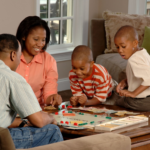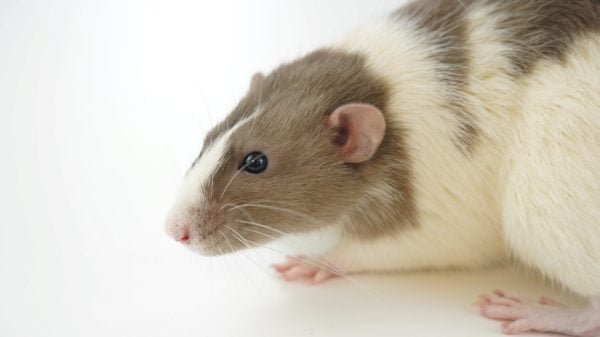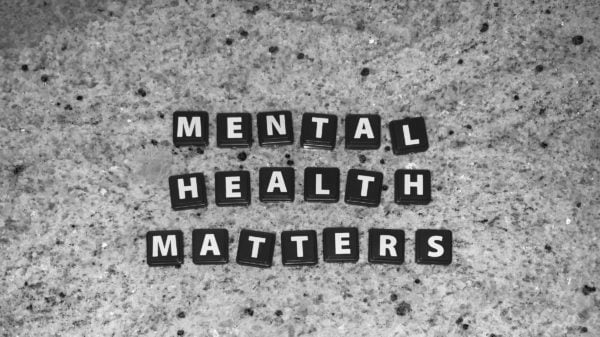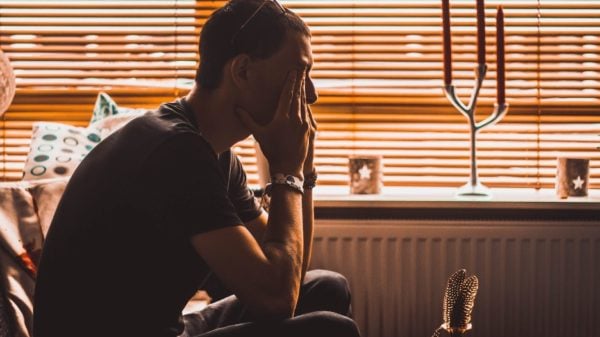There are many cases of childhood trauma that, if left unresolved, can have long-lasting and severe effects even when the children reach adulthood. Anyone who has had a traumatic experience should know how they can cope with childhood traumas.
Anything that has endangered and disrupted a child’s sense of security and safety can cause trauma. This includes critical illness, physical abuse, verbal abuse, sexual abuse, neglect or violence at home, being separated from a parent, or unsafe environments.
We will be telling you about several things that can help you deal with the psychological and emotional consequences of a traumatic childhood. These will help in healing you and getting you back on your feet!
Some Ways to Deal with Childhood Trauma
Acceptance
Pretending that nothing happened does not help at all. One needs to acknowledge the fact that they were a victim of childhood trauma. But one must also realize that they are not to blame for whatever happened. They must keep reminding themselves that they are not responsible, and hence feelings of guilt or self-blame should not be harbored.
Support
It is but natural that your trauma makes you feel isolated from others. However, healing will only take place when you connect and socialize with others.
Talking it out and lightening your burden with members of your family, trusted friends, or even joining groups of trauma victims goes a long way to overcoming depression and feelings of stress.
Stay Healthy
Don’t ever find release in drugs and alcohol! These will only provide you with easy and temporary relief and will be responsible for increased anxiety and depression in the long run.
Your good health plays an important role in helping you leave childhood trauma behind. Daily exercise, plenty of rest, and a balanced diet are crucial to dealing with trauma symptoms.
Control Over Your Childhood Trauma
The trauma is over, and you are an adult now. Don’t keep acting like a perpetual victim. Overcome your pain and live in the present.
Let go of the past and control your present self for a better future.
Patience
It is not going to be easy. It will take time to let go of the negativity and helplessness that comes after serious traumatic experiences. Here, being patient is the key. You will have to work hard, and the little by little progress that you make towards overcoming your uncontrolled emotions and defensiveness will eventually help you win your battles and make you victorious.
Therapy
Sometimes or most of the time, professional help is the best option. An experienced and knowledgeable therapist will understand your anger, sadness, and fears better than anybody.
Keep looking for therapists until you find one with whom you feel at ease. They can professionally diagnose you and work with you until you are free of all your childhood traumas.
Final Thoughts on Childhood Trauma
There are severe and far-reaching effects of childhood traumas on adults. These change the way you behave, think, and feel, and they can harm your emotional and physical health.
Adults who have experienced childhood trauma sometimes need special care from specialists who have the right knowledge to counsel them and relieve them from all their feelings of negativity and stress.































































